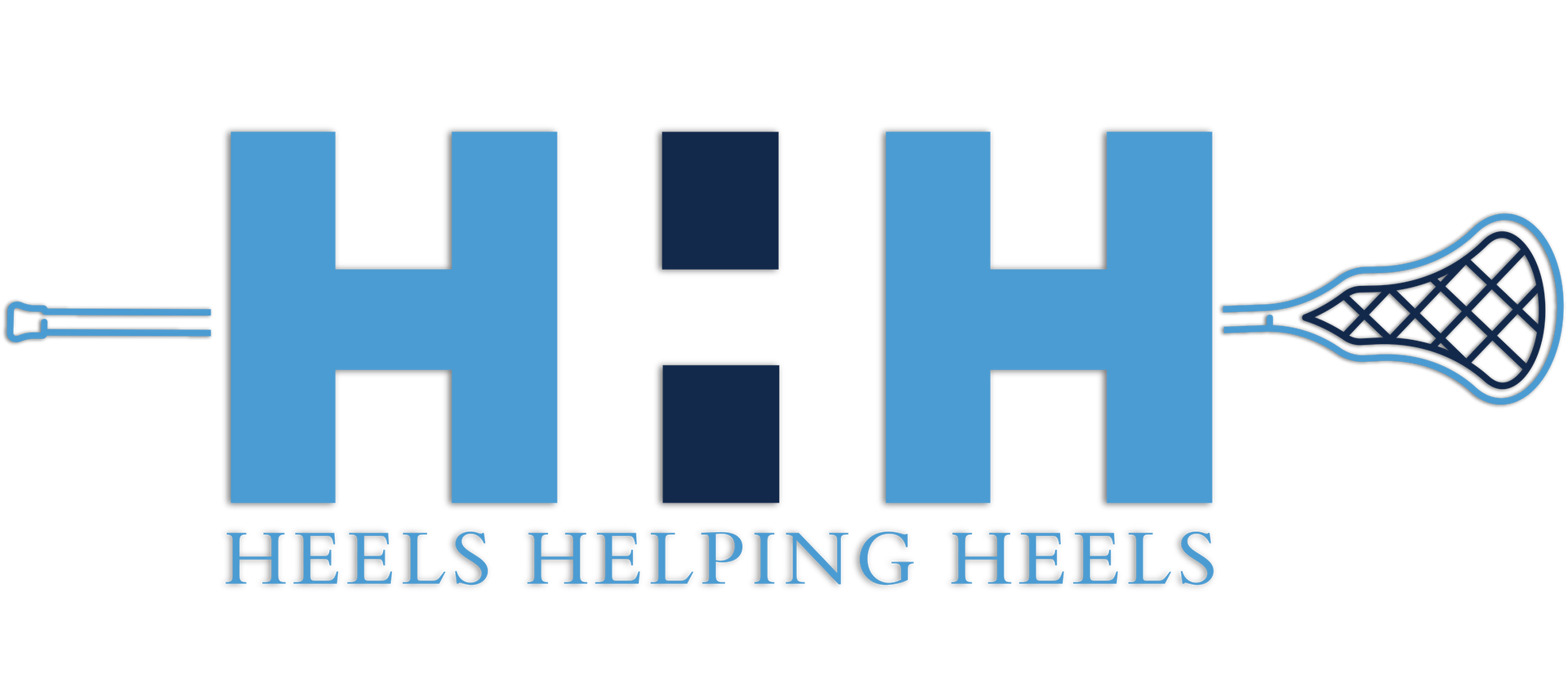technology and software
UI/UX Designer, Front-end Developer, Back-end Developer, Full-Stack Developer, Product Manager Description:
Technology is at the core of everything we do, and virtually all companies rely on technology to power their business processes. Having the technical expertise to build solutions for the problems that people are experiencing can be extremely lucrative and rewarding. Those who develop expertise and skill sets in technology can thrive in any industry while enjoying workplace flexibility and countless career opportunities. For the purposes of this outline, I refer to “tech” as a team of professionals who work together to build tech “products” (i.e., websites, apps, games, etc.)
Typical day: Building a tech product involves several roles. At startups, oftentimes members of the team will wear more than one hat. But a typical tech company will have one-or-more team members in the following positions:
- UI/UX Designers: are primarily responsible for designing the user interface (UI) and the user experience (UX). Designers are part artist, part psychologist, and part marketer. They are responsible for determining where the headlines and buttons appear on the screen, which colors schemes will be used, and how to design a digital experience that will accomplish the business goals while also providing a good experience to the user.
- Front-End Developers: are responsible for coding the visual elements of the product according to the designer’s specifications. They are also responsible for making sure that the design stays consistent across multiple devices (desktop, tablet, phone, etc.)
- Back-End Developers: are responsible for everything behind the scenes that’s required to make a dynamic, functioning experience. Where will the user data be stored? Does the product need to connect with other systems? Are there calculations that need to be made? These are the kinds of problems that back-end developers solve as part of the product team.
- Full-Stack Developers: can do both front-end and back-end development work.
- Product Manager: are the “CEO’s” of the product. They are responsible for bridging the business team & the technology team to ensure that the product is built on time and on budget while successfully
Type of person who thrives:
Typically, designers and developers work without superiors breathing down their necks. They tend to be good at managing their own time and are very detail and task oriented. While acumen with computers is helpful, many of the design and development skills can be learned over time, especially because the industry continues to evolve and therefore requires continuous learning and professional enrichment. Those who are successful in technology tend to be independent thinkers who are results-oriented, hard-working, and driven to excel.
Plusses and minuses:
Tech professionals tend to enjoy the benefits of the modern office (and remote-work flexibility). Well-funded startups spend lots of money to design fun work environments to attract and retain talented employees (think ping-pong tables, beers on tap, catered lunches, etc.) It’s easy to see the fruits of one’s labor while
working in tech, and the earning potential is higher than at many other jobs. There’s also a camaraderie that develops amongst employees at the same company, creating a strong team atmosphere and lifelong networking opportunities. On the downside, tech jobs can be demanding. Tight deadlines, and financial
constraints can put pressure on team members to do more with less. And days spent doing bug fixes rather than building something new can lead to periods of high stress and frustration.
How to create opportunity:
Technical expertise isn’t difficult to acquire. There’s an abundance of design & coding bootcamps, free (and paid) online resources, and advice that can be found on blogs.
Try creating your own website on Wordpress.org or building your own application using a no-code platform like Bubble.io. These experiences will give you a crash-course in tech and you’ll get to see which parts of the process were exciting and which were emotionally draining.
Then, take a course to enhance your skills. It’s difficult to break into tech without some form of technical expertise, and bootcamps will often set you up with employment opportunities at the conclusion of the course.
Questions to ask key personnel - have PLENTY of questions, always:
- What is your current role?
- What are some of the best programming languages to learn right now?
- Tell me about your career journey?
- Who thrives in this career?
- What should I be reading and researching to get smarter and better prepared?
- Are there any specific courses I should be taking to better equip me for this industry?
- Who else should I be talking to in order to learn more?
- Are there any pitfalls to avoid?
- What do you wish you knew when you were in college or just as you were starting your career?
- What would you do if you were me, to get a foot in the door? (This will help get them vested in your success)
If you can answer these questions with confidence, you have just marketed your first product- yourself! Take the same approach with your clients and their products and you will succeed.
What to read and research:
Learn & get inspired by The Almanac of Naval Ravikant. Naval is a wealth of knowledge and insight on building a life and career in technology, and is one of the most respected voices in tech entrepreneurship. For more current industry news, check out TechCrunch.com.
If you’d like to get your hands dirty, begin learning and testing your own skills using Wordpress.org, Bubble.io, and W3schools.com (a free “learn to code” tutorial website). These will give you a solid foundation from which to build upon.
Captain
Jamie DeBole
Entrepreneur
G Street Ventures
Jamie is a serial entrepreneur who is a creator, investor and 3x start-up company founder.
His firm G Street Ventures believes technology has advanced humanity. But the digital age is impersonal, with real-life interactions being replaced by screens and texts. Their projects are rooted in helping people live in the real world with those they care about most.
G Street Ventures strengths include:
- Brand strategy & product development
- Go-to-market & growth strategy
- Business development & team building
Jamie is a four-year UNC Lacrosse letterman and graduated from the University of North Carolina in 2008.





